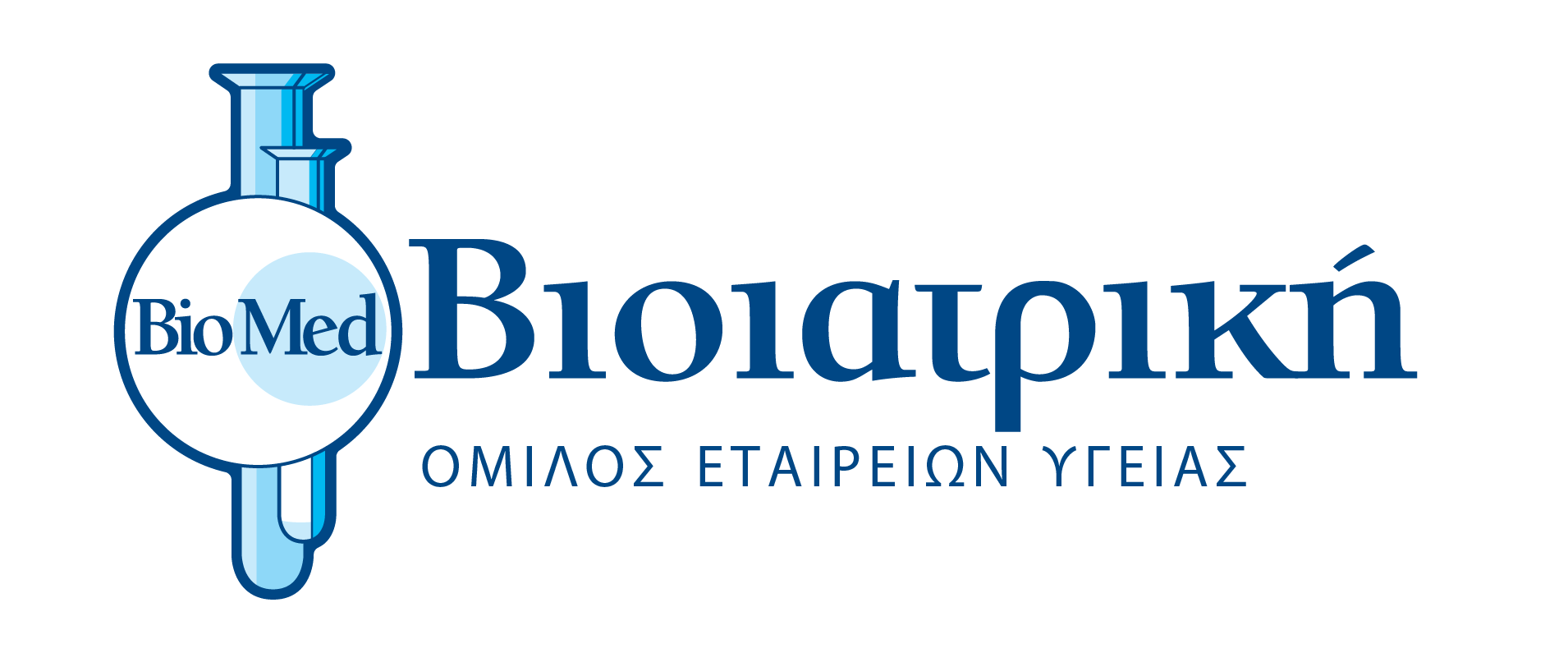Elastography with Fibroscan. Fibroscan is a painless procedure for quantifying liver stiffness associated with the degree of hepatic fibrosis, without the patient having to follow the invasive biopsy method.
The head of the machine consists of an ultrasound localization probe and a vibrating system.
Medium-amplitude and low-frequency vibrations are transmitted from the vibration system to the tissues via the probe creating an elastic (vibration or shear) wave that propagates through the tissues. At the same time the sound follows the wave sequence and determines its velocity, which is correlated to the elasticity of the liver tissue.
The stiffer the tissue, the bigger the velocity. Because fibrous tissue is harder than normal liver, the degree of hepatic fibrosis can be inferred from the liver hardness. The results are expressed in kilopascals (kPa).
Patients suffering from chronic liver disease, such as chronic hepatitis (including B, C, and autoimmune), alcoholic hepatitis, hepatitis due to diabetes and other causes, drug-induced hepatitis, hemochromatosis, are very important to be screened before developing cirrhosis of the liver, so that appropriate therapeutic measures are taken immediately and preventively.







